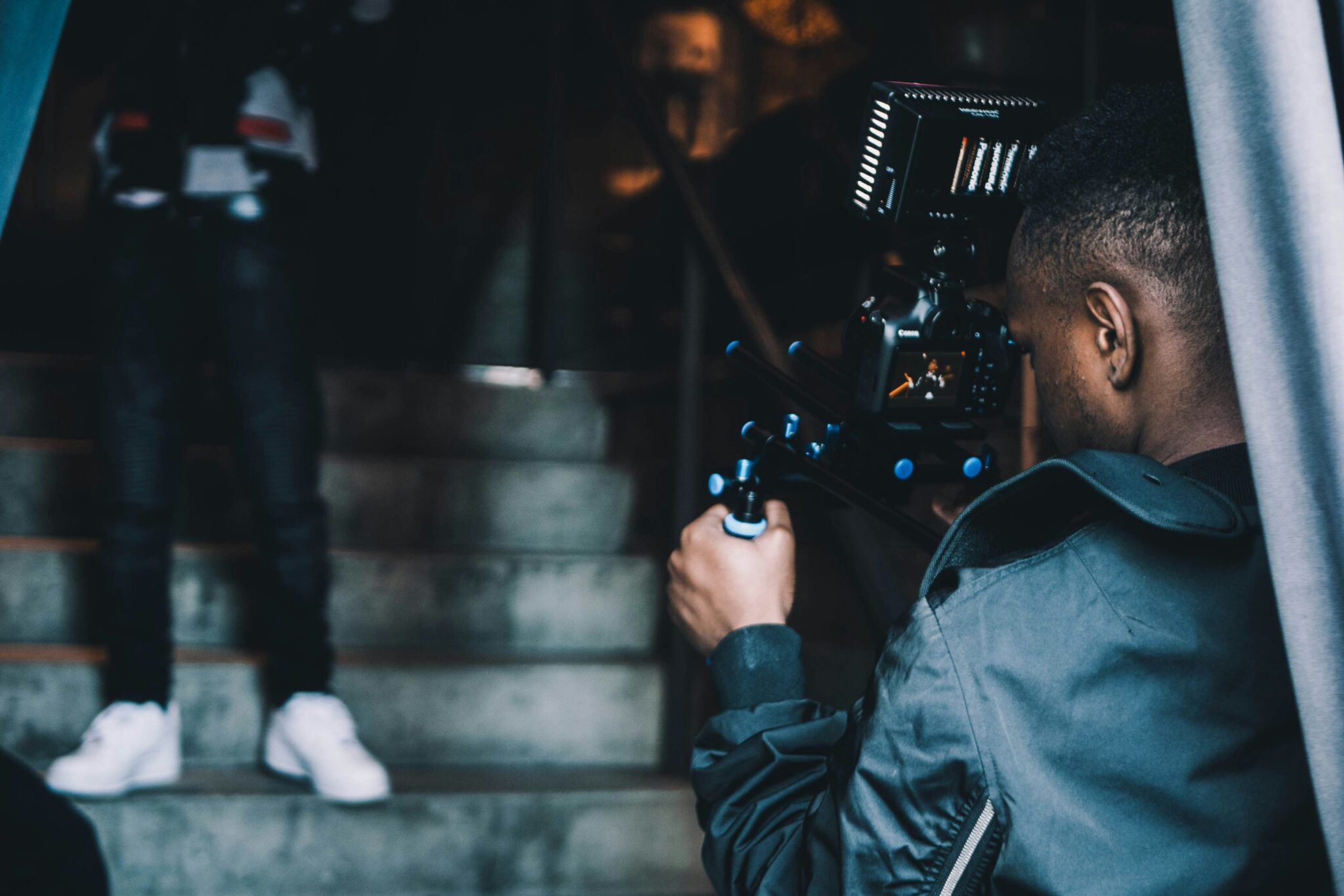The race for AI video training has taken an unexpected turn. Major tech companies are now paying content creators thousands of dollars for their unused footage, marking a significant shift in how artificial intelligence companies acquire training data.
In a revealing report from Bloomberg, tech giants including Google, OpenAI, and Moonvalley are actively seeking exclusive, unpublished video content from YouTubers and digital content creators to train AI algorithms. The move comes as companies compete to develop increasingly sophisticated AI video generators.
The economics of the new market are fascinating. According to Bloomberg‘s findings, AI companies are willing to pay between $1 and $4 per minute for video footage, with rates varying based on quality and uniqueness. Premium content, such as 4K video footage, drone captures, and 3D animations, commands higher prices, while standard unused content from platforms like YouTube, Instagram, or TikTok typically sells for $1-2 per minute.
Dan Levitt, senior vice president of creators at Wasserman, which represents prominent social media figures like YouTuber MatPat and fashion influencer Taylen Biggs, describes it as “an arms race” in which companies desperately need more footage.
However, he adds a note of caution, in that this lucrative opportunity might be temporary, suggesting creators should act quickly to capitalise on current demand. The development of the market has given rise to specialised intermediaries. Companies like Troveo AI and Calliope Networks have emerged as third-party licensing facilitators, managing rights for thousands of hours of video footage owned by creators.
These companies handle negotiations with content creators and bundle the content for AI companies, streamlining the process for both parties. Marty Pesis, co-founder and chief executive officer of Troveo, reveals that his company has already paid over $5 million to creators, highlighting the significant scale of the market.
“All the companies building video models we’re either working with or are in our pipeline right now,” Pesis notes, underlining the widespread demand for training content. The arrangement offers a win-win situation for both parties.
For content creators, it presents an opportunity to monetise footage that would otherwise remain unused. Many creators accumulate hundreds of hours of footage annually while producing content for various platforms, but only a fraction of their material makes it into a final, published video.
The deals come with safeguards. Andrew Graham, head of digital corporate advisory and partnerships for Creative Artists Agency (CAA), explains that most agreements include specific terms preventing AI companies from creating digital replicas of content creators’ work or mimicking exact scenes from their channels.
These protections ensure that creators’ brands and reputations remain intact while participating in AI video training. The development comes against a controversy surrounding AI companies’ use of online content.
In 2024, several lawsuits were filed against major AI companies by news publishers, actors, and content creators, alleging unauthorised use of their intellectual property for AI training, be it for video, audio, text, or visual art. The new approach of directly licensing content represents a more structured and legal framework for acquiring training data.
The trend also reflects a broader shift in the relationship between content creators and AI companies. Rather than having their public content scraped without compensation, creators now have the opportunity to participate actively in and benefit from AI development.
As Levitt puts it, “This is a way to actually participate in that, to do this in a much more legal, structured manner, and now you at least have some upside.” For the AI industry, the development marks a step toward more ethical and transparent data collection practices.
Companies like Moonvalley openly acknowledge their reliance on licensed content. The company states that the vast majority of its training data comes directly from content creators and filmmakers who choose to participate in licensing agreements.
As AI video technology continues to evolve, this new market for unused footage may reshape how content creators approach their work, potentially influencing how they capture and store unused footage for future licensing opportunities.
However, as Levitt suggests, creators interested in capitalising on this opportunity should act soon, as the window for such lucrative licensing deals may not remain open indefinitely.
(Photo by Unsplash/Steven Van)
See also: OpenAI: Copyrighted data ‘impossible’ to avoid for AI training
Want to learn more about AI and big data from industry leaders? Check out AI & Big Data Expo taking place in Amsterdam, California, and London. The comprehensive event is co-located with other leading events including Intelligent Automation Conference, BlockX, Digital Transformation Week, and Cyber Security & Cloud Expo.
Explore other upcoming enterprise technology events and webinars powered by TechForge here.
Read the full article here















